President Vo Van Thuong of Vietnam has officially resigned from his post only after having served the country for a year. Reports suggest that Thuong’s resignation comes in response to being swept up in an ongoing anti-corruption campaign started by the country’s communist party.
Thuong is the second president in two years to have resigned, which leaves some analysts worried about the political stability of Vietnam.
The Vietnamese Communist Party
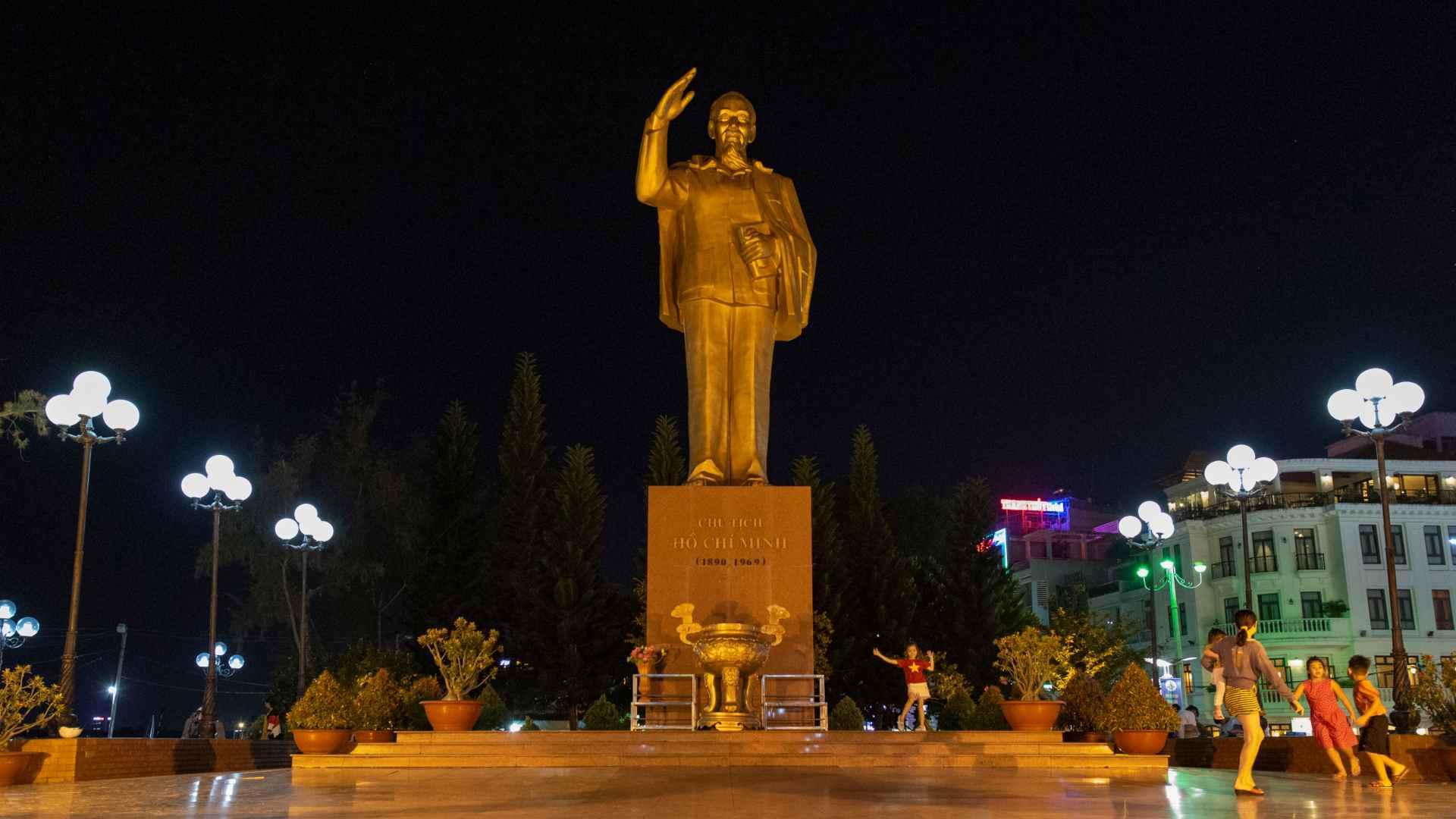
Vietnam has a unitary government, meaning it is a one-party state with a ruling party controlling the government and society.
The ruling party is known as the Communist Party of Vietnam (CPV) and has ruled the country for decades. This party maintains control by heavily restricting the ability of candidates outside the party to run in elections.
Resignation Approval

The Central Party Committee is the top decision-making entity in the Community Party of Vietnam. On Wednesday, this committee accepted Thuong’s resignation, noting that he had violated party rules.
The government said that Thuong’s “shortcomings had negatively impacted public opinion, affecting the reputation of the Party, State and him personally”.
Anti-Corruption Campaign
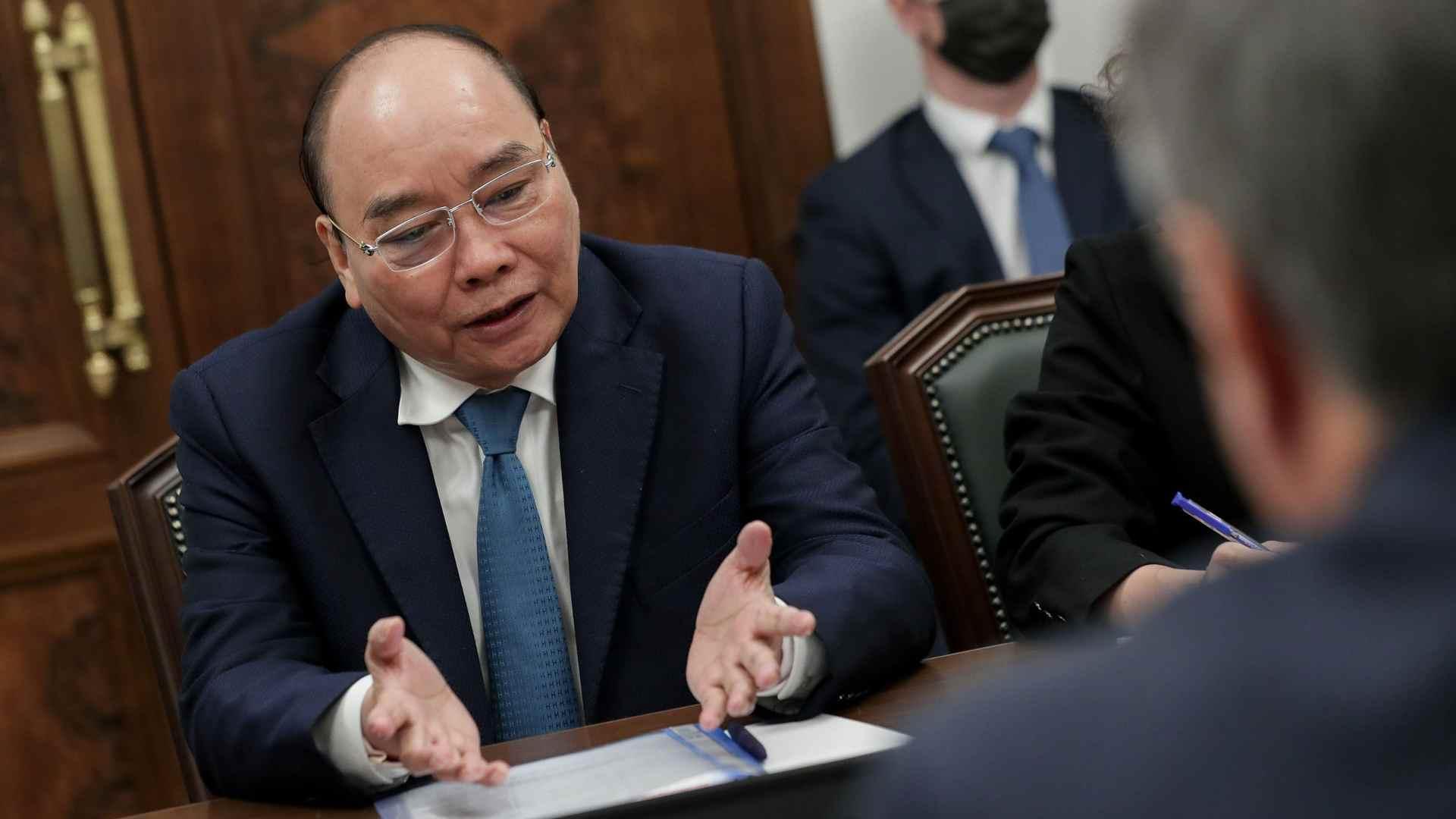
Thuong’s resignation comes in the midst of an anti-corruption campaign being carried out by the CPV. The country’s previous president Nguyen Xuan Phuc resigned in 2023 to take “political responsibility” for corruption scandals that occurred during the pandemic.
At the time Thuong took over the presidency from Phuc, he was the youngest president since the modern state of Vietnam exited the war in the 1970s, being 54 years old at the time.
Violations Unclear
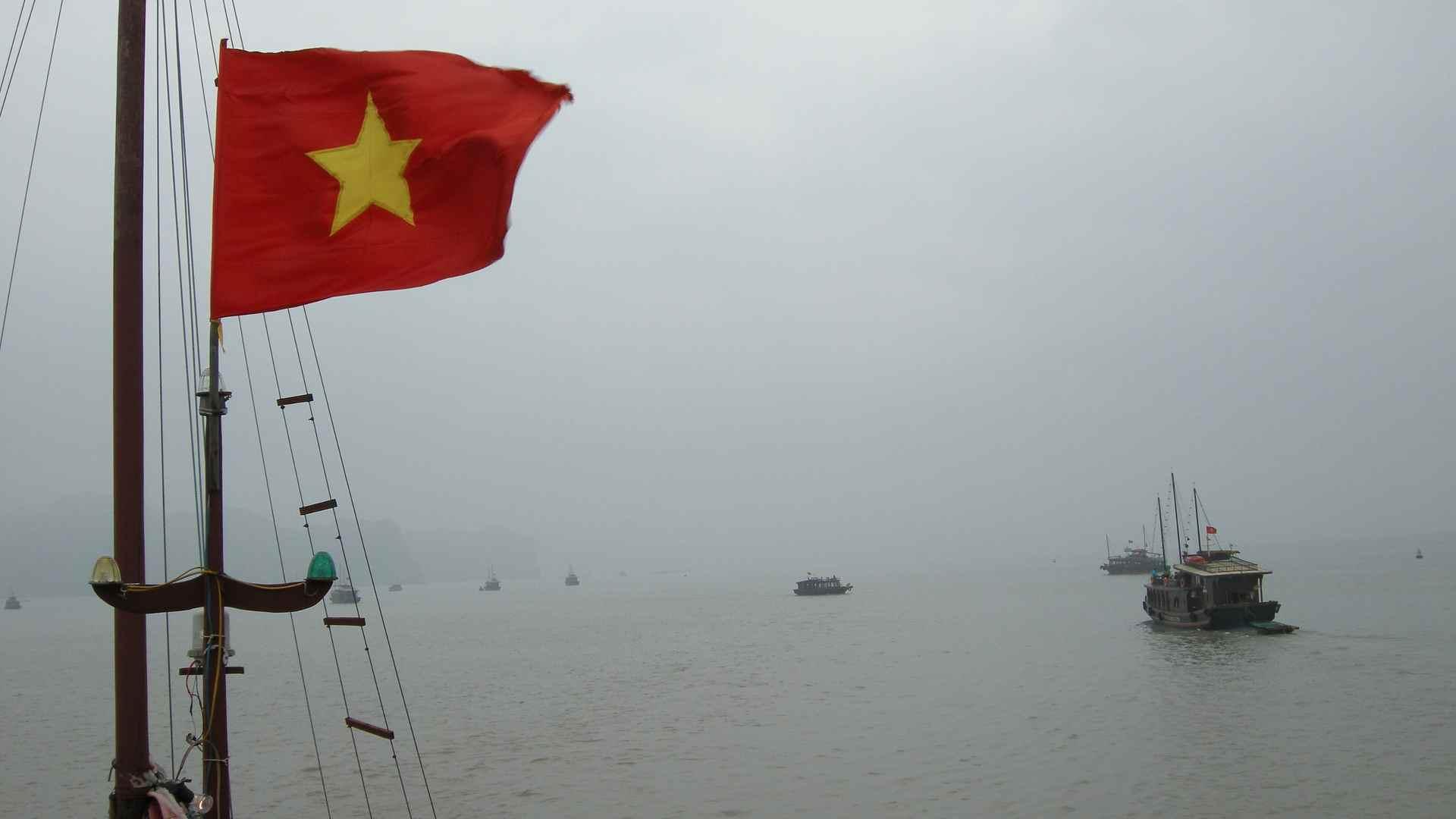
It is not known what exactly were the accusations against Thuong that forced his resignation. However, an arrest occurred days prior to his resignation of the head of Vietnam’s Quang Ngai province.
The province head is alleged to have participated in a forgery that was discovered in a real estate firm investigation. Thuong is the party chief in this province.
Campaign Solidifies Leadership
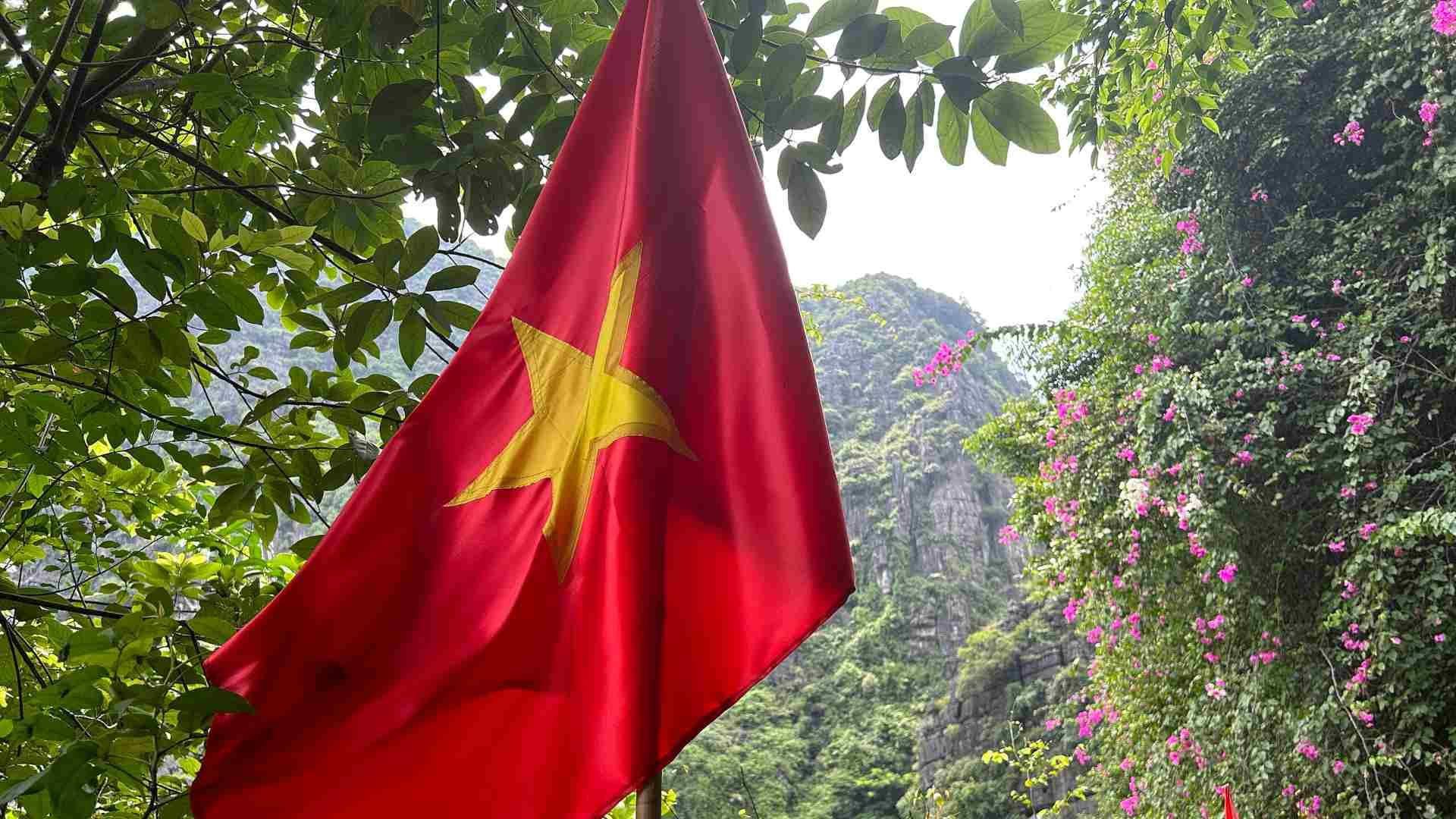
There is some speculation that the anti-corruption drive in Vietnam is one way the government is solidifying its control over political opposition. The campaign has been a major interest of Nguyen Phu Trong, the CPV general secretary. The general secretary is the most powerful political position in the country.
Analyst Nygun Kach Gian from the Ishak Institute said that the anti-corruption drive is Trong’s “most important legacy.”
Role of the President
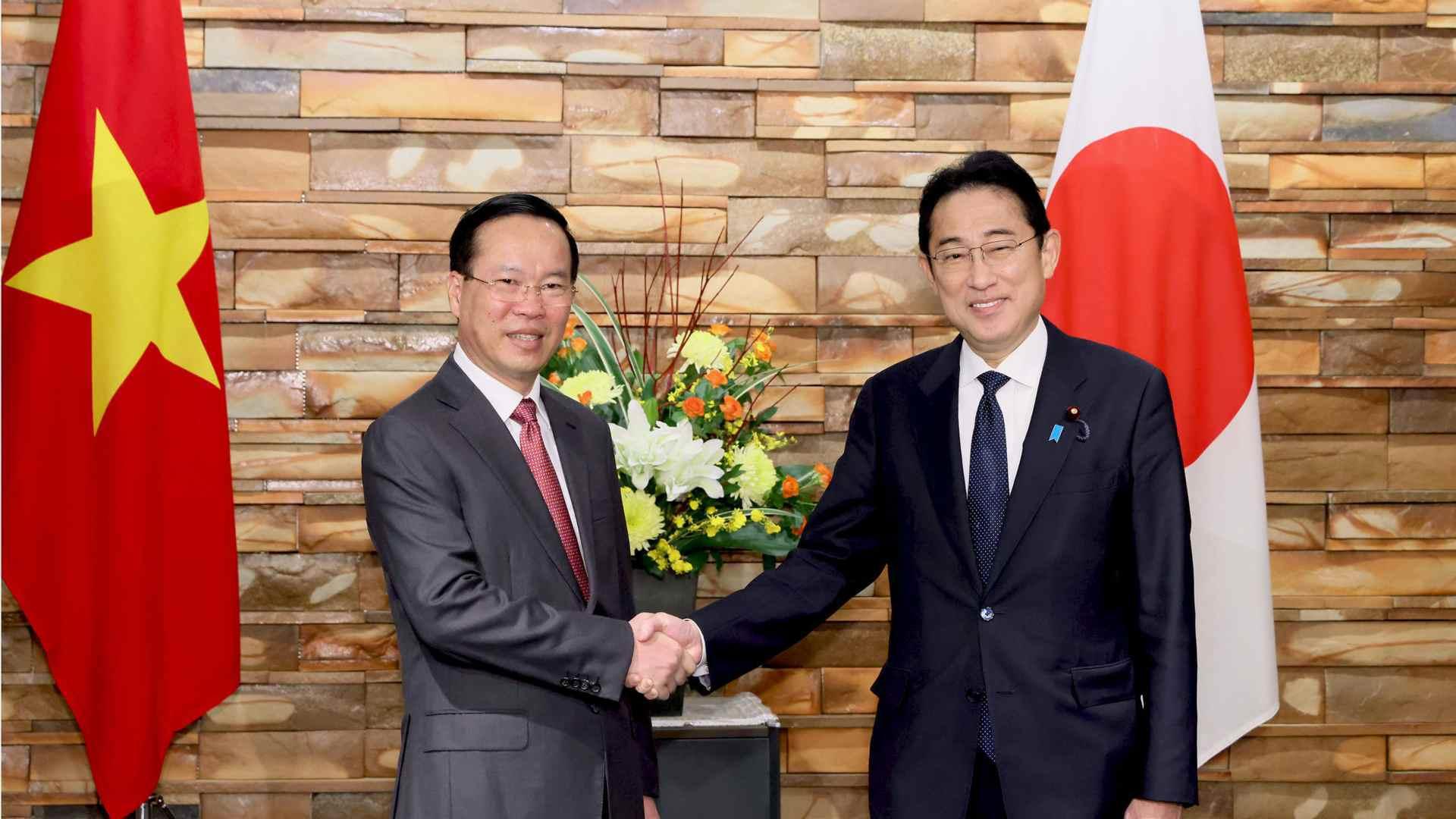
Some consider the role of the president in Vietnam to be more of a ceremonial role than one with major political power. The president and other high-level government positions are elected from a National Assembly. Members of the National Assembly are elected by the voters of Vietnam and serve five-year terms.
Compared to the United States, this would be like if the US Congress chose the president from a vote amongst themselves.
Breakdown of the National Assembly
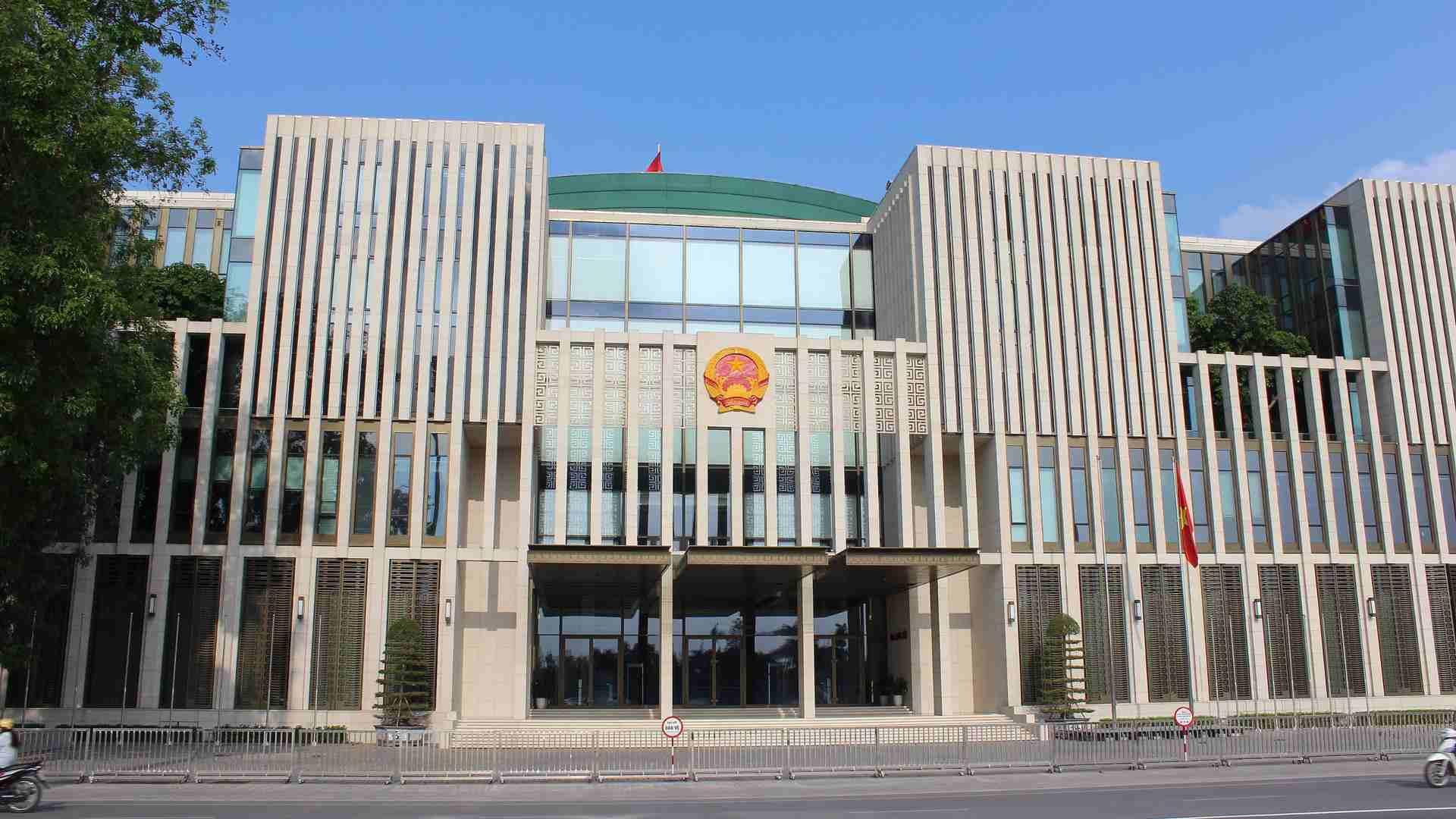
In the last National Assembly Election, the Communist Party of Vietnam won 486 out of the 500 seats. The remaining 14 seats were won by independent candidates who still had some affiliation with the Vietnamese Communist Party.
The National Assembly is the only branch of government in Vietnam and essentially controls every other government organ in the country.
Censorship in Vietnam

Human rights organizations like Amnesty International have previously spoken out against Vietnam’s actions that they see as a crackdown on citizens who criticize the country’s communist party online.
In 2021, authorities arrested citizens ahead of the National Assembly election who had applied to be independent candidates. Some of these independent candidate hopefuls had popular social media accounts critical of the government.
Article 117

Activists say authorities in Vietnam utilized Article 117 in 2021 to arrest voices in the country critical of the ruling CPV.
The Vietnamese law makes “distributing propaganda against the Socialist Republic of Vietnam” illegal. Critics of Article 117 say that the law is overly broad and intentionally vague, allowing government authorities to abuse it to silence any criticism of the government, propaganda or not.
Investors Troubled By the Campaign
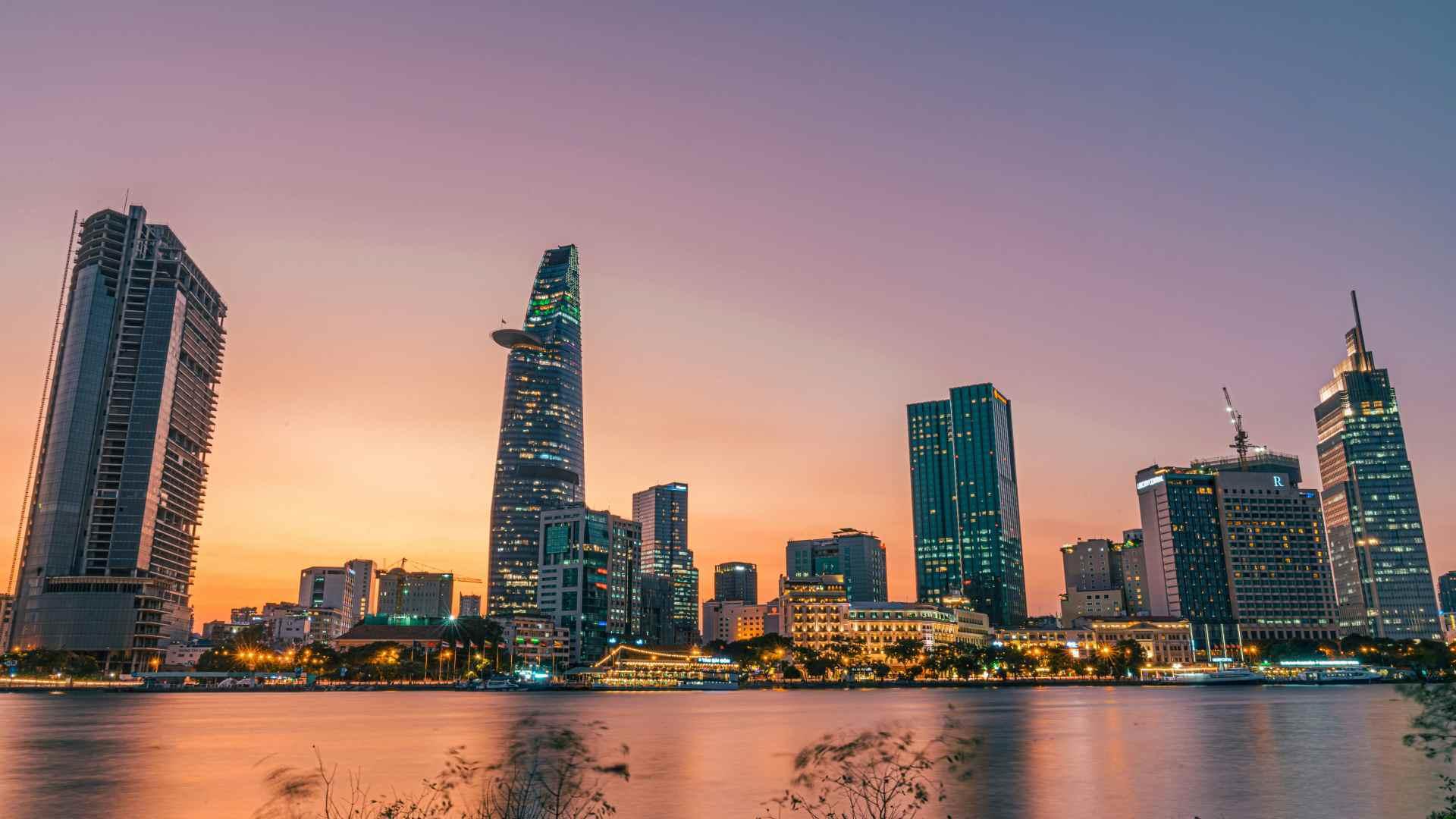
Foreign investors and businessmen have criticized the anti-corruption campaign in Vietnam for causing a dramatic slowdown of political decision-making in the country. These investors see the constant removal of government officials as further hobbling the already slow bureaucracy in Vietnam.
Vietnam’s economy has shown signs of slowing as its exports have declined.
Vietnam’s Goals
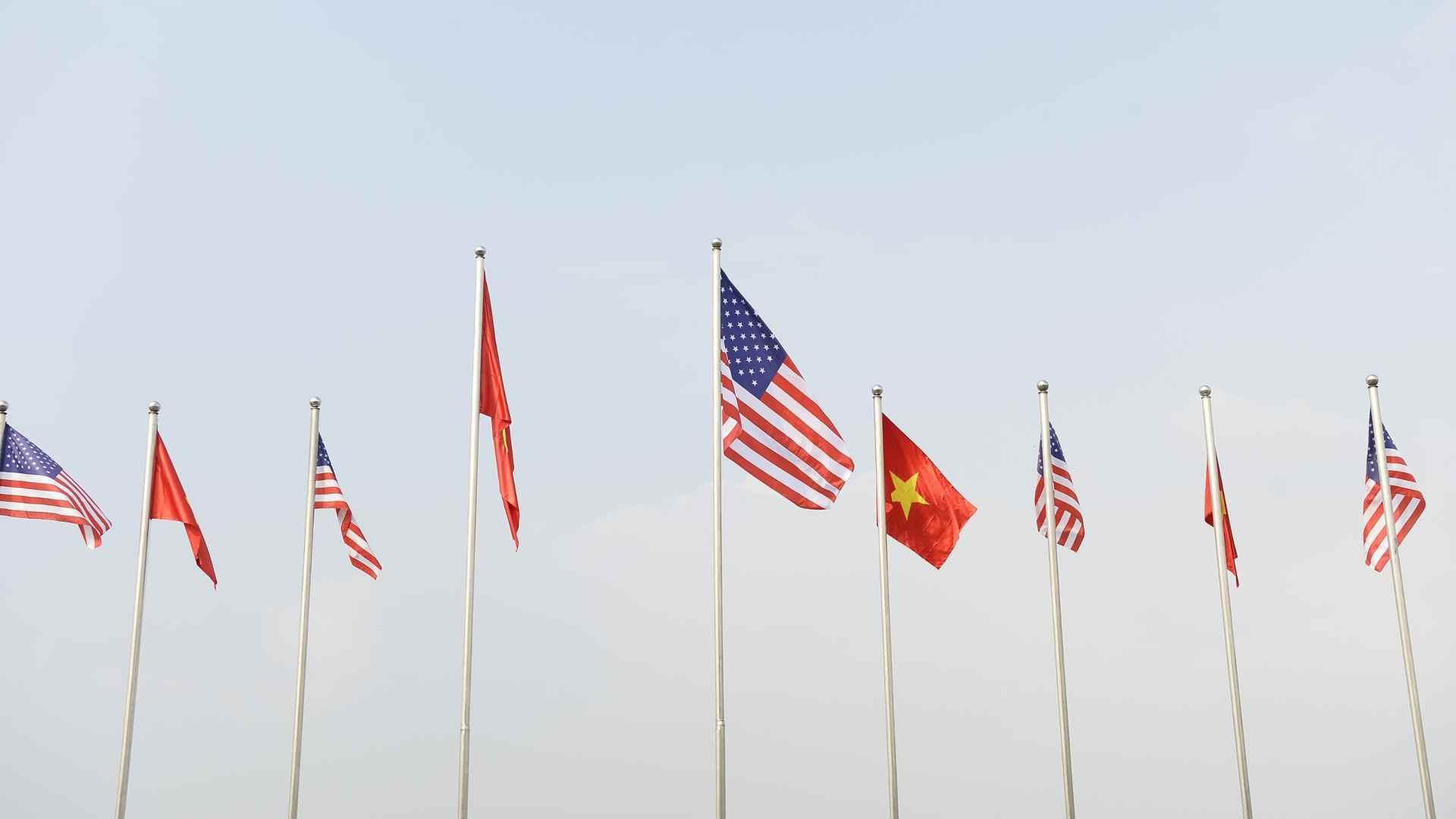
The difficulty the anti-corruption campaign has put on business in the country seems to run counter to past goals of Vietnam. Vietnam has been a business hub and political middle-ground between China and the United States. Previously, Vietnam had positioned itself as an easy place for businesses that wanted to establish supply chains outside of neighboring China.
In 2023, Vietnam was the only country that met with both American President Joe Biden and China’s Xi Jinping in official state visits.
